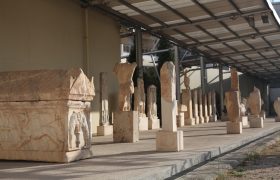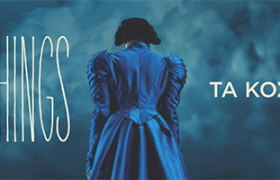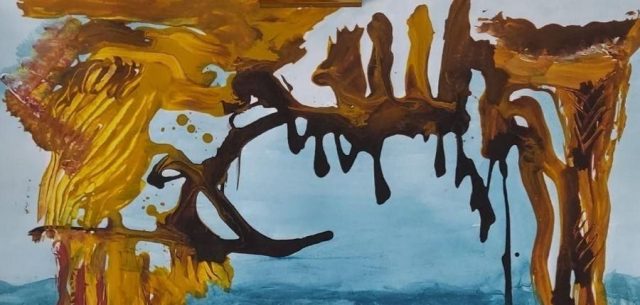Culture at the time of a pandemic
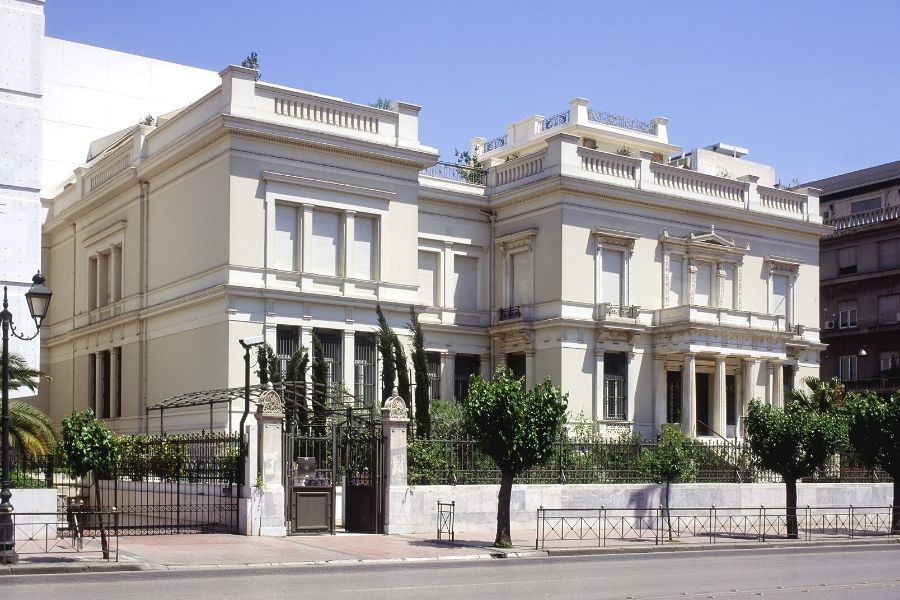
The Benaki Museum of Greek Culture © Benaki Museum
George Manginis, Academic Director of the Benaki Museum argues that the future of museums hinges on whether their role in fostering social cohesion through education, culture and community is deemed as ‘essential’ or ‘expendable’ by politicians.
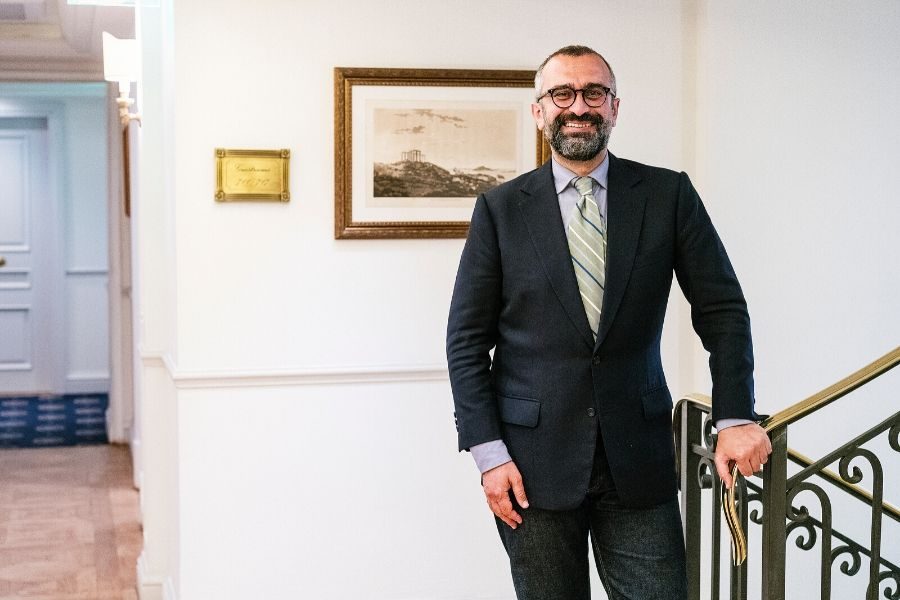
George Manginis, Academic Director of Benaki Museum ©Ioanna Koulakou
One of my least-favourite euphemisms is the use of the adjective ‘challenging’ as a substitute for ‘disastrous’ and indeed the effects of the coronavirus pandemic are an apt example. Ever-optimistic, in recent weeks the cultural industry perceived the breaking of its regular contact with audiences—its lifeline, because of the income it generates and the sponsorship it attracts—as a challenge, an opportunity to develop pathways of communication previously explored as alternatives but now rendered compulsory: internet resources and social media. Audiences in their turn embraced the opportunity across websites and platforms like Instagram, Facebook and TikTok. Old Master paintings were enacted in imaginative ways by isolated art lovers; theatre performances missed by many when they were ‘on stage’ were offered on Vimeo or YouTube for all to enjoy; museum directors perambulated luxuriantly empty rooms offering tours that few had experienced before on live streaming; challenges and games testing historical and artistic knowledge filled the ‘history’ sections of social media. Cultural outlets offered solace in this time of global stress through their internet outreach.
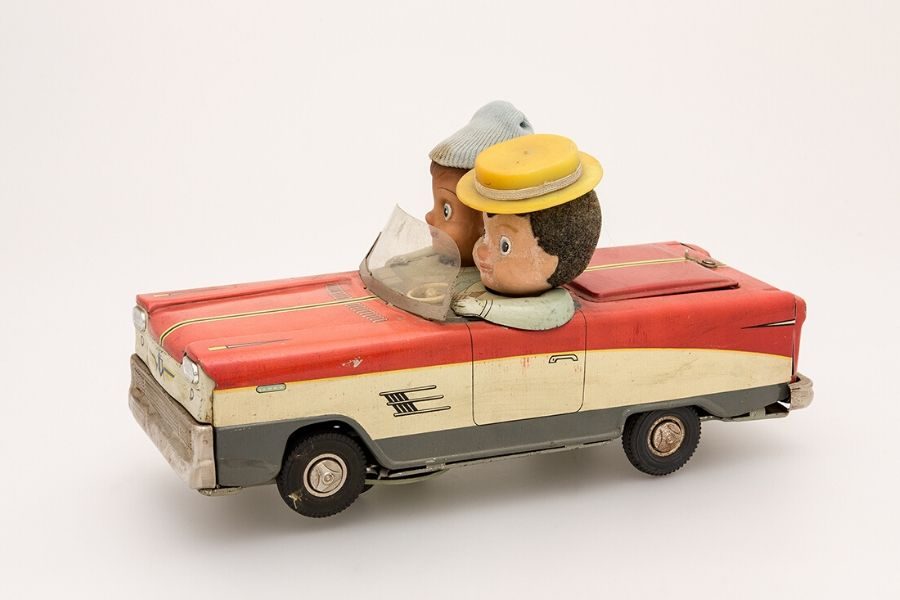
Thousands of objects are available to study online at the Benaki Museum web catalogue: benaki.org. Battery-operated car made of tin and rubber, by Christos Papaevangelos; trademark FINO; Benaki Toy Museum ΤΠΠ 2772. © Benaki Museum
I am proud to say that the systematic work of my colleagues at the Benaki Museum over decades was deployed with Blitzkrieg speed upon our closure on 14 March 2020 and by the end of the following week our audience engagement ratings surpassed any other cultural institution in Greece several times over. International news coverage was surprising, too, with our 360˚ virtual visits featuring in lists of the best ‘open-on-your-screen’ museums worldwide, alongside the usual suspects: the Museum of Modern Art, the Metropolitan Museum of Art, the British Museum, the Louvre.
However, there is a bitter aftertaste to this phenomenal success of cultural institutions in the unprecedented ‘challenge’ of global confinement. How will they continue to produce high-quality work for the future in the midst of what promises to be an economic crisis of cataclysmic proportions? All of us working in the cultural industry have known for at least a decade that our work has been deemed ‘non-essential’ by decision-makers the world over.
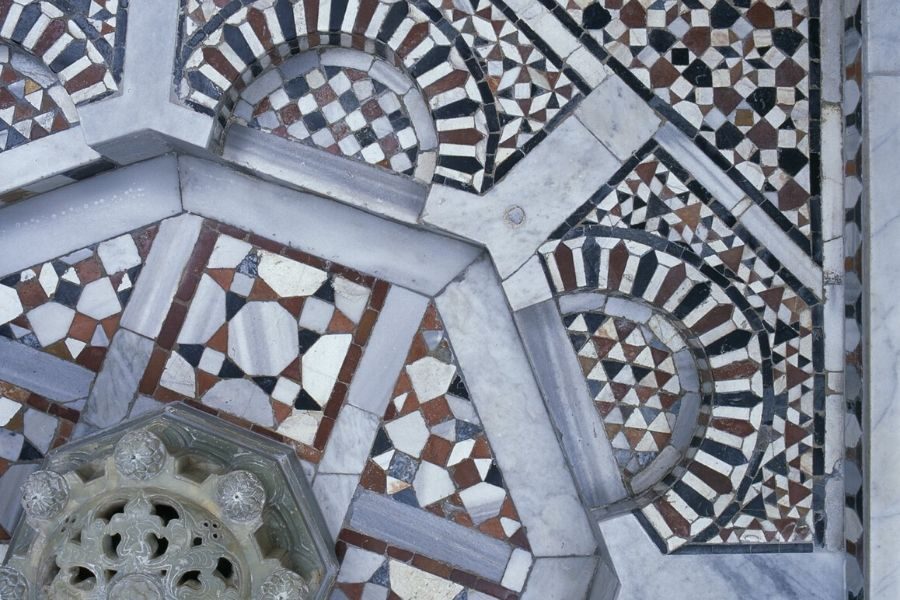
The Benaki Museum of Islamic Art can be visited online through a 360˚ virtual tour. © Benaki Museum
In most countries subsidies were slashed because of (or on the occasion of) the 2008 crisis and institutions had to adapt swiftly to a new landscape of competitive fundraising and corporate income generation. Amazingly, we coped because we forged strong bonds between our custodians and our audiences, because we opened our venues to more people for longer hours, because we diversified our themes and made our agenda more inclusive, because we changed our ways of thinking.
However, the 2020 crisis, which is unfolding as I write these lines, is far more ‘challenging.’ Bonds with visiting audiences have been severed and venues have been deserted. No matter how beautifully the performance has been filmed or how faithfully the art object has been reproduced in digital format, nothing can replace the experience of being in place, in time, in the flesh.
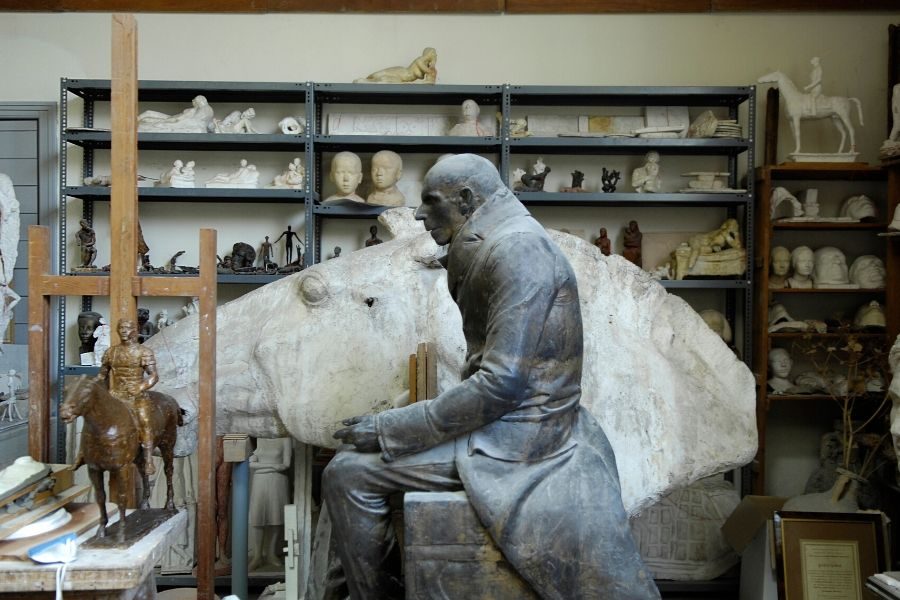
The Yannis Pappas Studio, one of the less-known treasure houses of Greek culture under the custodianship of the Benaki Museum, can be visited online through a 360˚ virtual tour. © Benaki Museum
Our digital audiences will inevitably wane and our visitors will be slow to trust us again with their physical presence; queues will be unlikely for some time. Furthermore, the challenge to fundraising will be extraordinary, as more pressing preoccupations will inevitably take precedence. Now, finally, it is the time of political leadership in Europe and beyond to take up a role forsaken in past decades, the role of fostering social cohesion through the things that bring us together: education, culture, community.
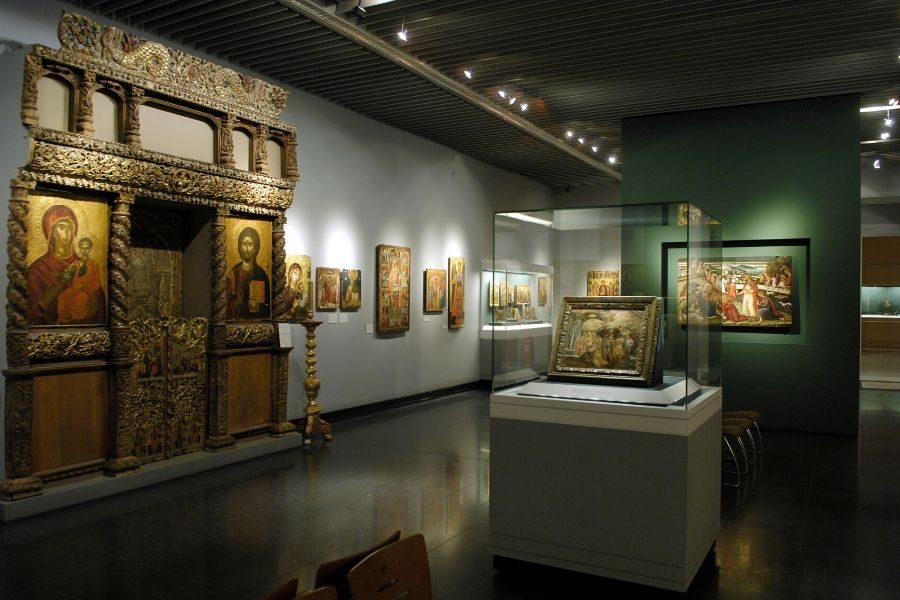
The Benaki Museum of Greek Culture can be visited online through a 360˚ virtual tour. © Benaki Museum





